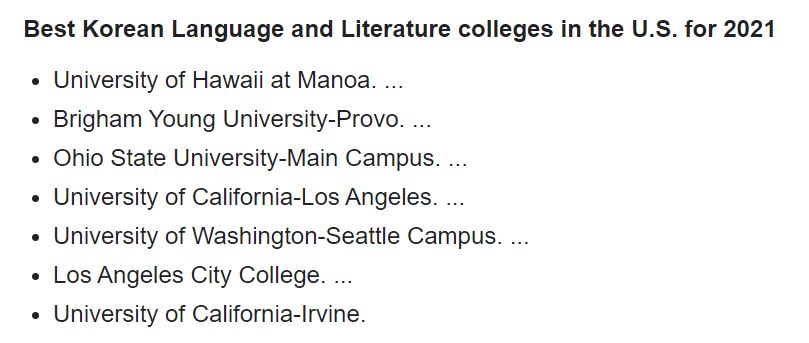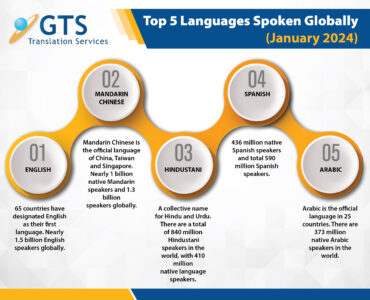Are you interested in Korean culture? Are you involved in international diplomacy or trade? Are you a soldier or teacher traveling to Korea? Or are you, perhaps, a traveler planning a trip to Korea sometime in the future?
Whatever reason you have for being interested in Korea, a good place to start is learning their language. You’ll join seventy million speakers of Korean, and get a feel for Korean culture.
About Korean
Over fifty million people in South Korea and twenty five million people in North Korea speak the Korean language. Speakers of the language can also be found in thirty other countries, including three million Korean-speaking residents in China, and close to one million speakers in Japan.
The twenty-eight characters of the Korean alphabet (known as Hangul in South Korea and Chosŏn’gŭl in North Korea) are very different from the characters used when writing English, French, Spanish, and other related Romance languages, making Korean an intimidating language to learn at first glance.
The grammar used in Korean is similar to that of Japanese, so if you already know some Japanese, you might find it easier to learn Korean than most people.
How to Learn Korean
Ideally, you could learn Korean in an immersion environment where all you speak and read is Korean, but depending on your situation, this might not be viable. Outside of moving to Korea, there are several options if you want to learn Korean.
1. University or college course
Studying Korean at a university or college gives you many advantages. The process of learning the language might be sped up to accommodate the length of the semester or term, so you’ll have to work harder to keep up. This intensive education on speaking, reading, and writing Korean will ultimately benefit you if you continue to utilize your knowledge after the course ends. You’ll have a professor who is very familiar with the language and classmates to practice with, and proof of competency.
According to the higher education website Universities.com, the best programs to study Korean in the US are the following.

If you are a top-notch graduate in Korean language, you may be recruited by the CIA. Tensions between the USA and the North Korean rogue leader Kim John-il don’t appear to be going away anytime soon.
2. Online accelerated course or tutor

Real-life coaching might be the best way to learn, but online coaching can also work well. Much of the same material taught in a classroom can be easily taught online instead. Zoom and similar apps make it easy to practice talking to a native Korean speaker, whether through an online course or a private tutor. For those too busy to attend regular classes, an online course is a good option, and often cheaper than a college class. Duolingo offers free online courses in Korean.
3. Books and audio recordings
If no other options are available, you can learn Korean from books and audio recordings of native speakers. You won’t get immediate feedback on your progress, but a persistent and driven learner can learn this way.
Using Korean
Once you have learned a language, one of the most important — and difficult — tasks is keeping your knowledge fresh, so you don’t lose what you have learned. With the internet, there are many language exchange sites where you can practice reading, writing, and sometimes speaking or listening to other languages.
There are meetup groups organized to help people swap languages or learn Korean. You can search for these online as well, and you might find a friendly and lively group to practice with.
You can also visit ethnic Korean neighborhoods which can be found in some of the larger cities in the US. You might find difficulty with this method, as many Koreans prefer to practice their English or even stay silent rather than speaking Korean to a foreigner. Still, for someone who likes adventure, this could be a fun experience.

Learning Korean might be a challenge at times, but in the process of learning the language, you will grow both intellectually and personally. Click here to learn more about GTS professional English to Korean translation services.
About the Author
Zabrina is a professional writer who has been writing full-time since 2009. She writes about natural nutrition, fitness, online business and media. Zabrina has ghostwritten or published over a thousand articles in the last four years.





